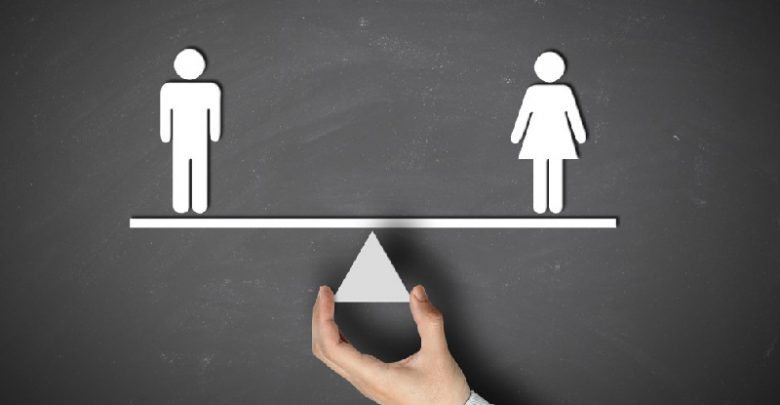Modern Feminism Demonises Men

Feminism in the 21st century belittles and demonises men portraying them as presumptive rapists while reducing women to helpless victims. It has degraded men as nothing more than pigs and misogynist people who do not respect women. There are men who, yes, do not respect women, but that is not the behaviour of all men. However, in the modern feminist world, there’s nothing a man can do without being labelled as a sexist, a pervert, a misogynist and an oppressor. It has become equivalent to lashing out at men who treat women differently than they treat men. Door opening, for instance, which was once considered a pleasant form of chivalry, has turned into, “What, don’t you think a woman can open it herself, you SEXIST ASS!” When did little gestures of simple kindness become so complicated and controversial?
There’s nothing wrong with prioritising a woman’s struggle and needs. Women are still raped, still attacked, still tortured and are still fighting to take control over their own bodies and healthcare. However, diminishing one gender’s needs and struggles in order to uplift and glorify another’s is not what feminism stood for originally. Rather it is a belief that all people should have equitable places in the society regardless of their gender. It’s about having total freedom to be exactly who you want to be, even if you haven’t figured it out yet. It is not misandry or female superiority. And it’s definitely not male-bashing about trivial things like taking too much space on the subway.
Our feminist foremothers would have been aghast had they known, the feminist’s energies are now being spent on an incoherent judgment about the entire male population, based on nothing but their gender. We do not need feminism because a man held open the door, cared for you, or carried your grocery bags or paid for that dinner date. We need feminism to fight against domestic violence, sexual harassment, social injustice and lack of opportunities. We need feminism, not to criticise men and elevate women up, but to establish a just and uniform platform on which both the genders can take a stance as equals, as partners.





